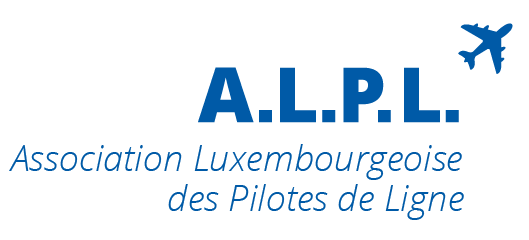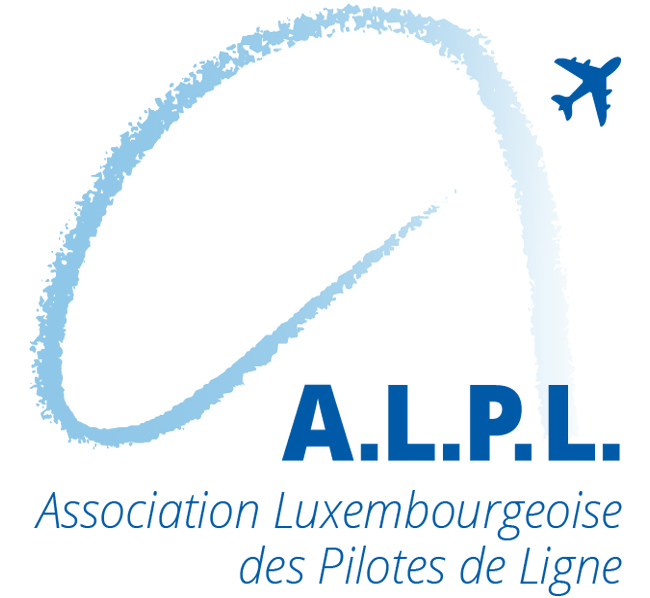Please find below an update regarding:
- COVID-19
- Peer Support
- Hotels
- Rotation Changes
COVID-19
Over the last few days we received a huge number of concerns from our members regarding various issues we are facing while keeping the operation moving during the present crisis. These concerns include foremost the situation in the US, which is quickly deteriorating, the availability of suitable hotels for crew layovers and the situation in Singapore, where we would be confined within a hotel room on layover.
Most of your concerns have been forwarded to the different levels of management multiple times over the past days and weeks, either in meetings, by emails or letters. All these communications highlighted the risks we as pilots are exposed to and potential consequences if these risks would not be addressed in adequate and timely manner, which must be acceptable to the pilot community.
Please refer to the letters below for further details on the issues brought forward to management over the past weekend:
Letter USA
Letter Hotels and management’s reply
Letter SIN
While a number of issues have already been addressed and are appreciated, some still require attention and a swift response by management.
Peer Support
You have received an email from the Cargolux Peer Support Advisory Group and the Delegation. It is important to underscore the role of the Peer Support System in this crisis. The peers are trained to provide “psychological first aid”, providing assistance to help you coping with this highly stressful situation.
The peers should not be seen as any alternative way to make your concerns heard about the present situation via a different channel. All operational issues, e.g. avoiding layovers in certain areas, procedures to prevent infection, etc. should only be addressed via your ALPL Board.
Hotels
During the COVID-19 crises, many hotel managements are being asked by their owners to alter or even close down with short notices. Although we have urged our Senior Management to keep the Hotel Committee informed about their plans, there have been quite a few changes of crew hotels on short notice without involving the Hotel Committee.
We are concerned about this practice of bypassing the Hotel Committee, which could lead to a considerable deterioration of the crew hotel standards and negatively affect the safety our crews. Particularly in such difficult times as in the COVID-19 crisis, a collaboration with the pilot representation on hotels issues would show the well needed trust and recognition.
To assist all members, we would like to ask you to provide feedback to cvhotels@alpl.lu of any closures or changes to conditions etc. in a short format. If there are deficiencies, please always complete an iQSMS Voyage Report.
Rotation Changes
As we ask Senior Management to address the collective concerns of the health risks and external factors that are imposed on the operation, the rotations through various regions are going to be adapted. We wish to highlight again some key points to assist you all in avoiding the potential risk of fatigue that we highlighted in our members update on 12 March 2020.
- Please be mindful of the requirement that ALL fellow crew members need to be adequately rested prior to the commencement of any FDPs that are potentially fatiguing.
- Inflight rest is not the same as rest in accommodation where temperature, noise and light can be managed.
- Obtaining the maximum possible sleep as close as possible to the wake-up call for ALL pilots is fundamental due to the potential need of using FDP discretion to avoid layovers in mainland China.
- If additional rest is required before the commencement of an FDP or after an FDP please communicate and coordinate in a timely manner with your fellow crew members, local station, crew control and always submit an Air Safety (Fatigue) Report (ASR).
- Air Safety (Fatigue) Report (ASR) must always be submitted when fatigue has been experienced on any duties.
As always, if you need further guidance or have any questions please contact cvboard@alpl.lu






